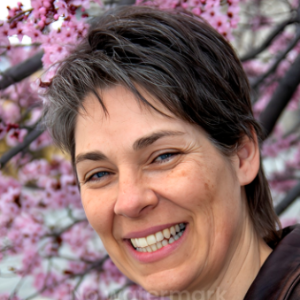Title : Connecting our research to improving the food system
Abstract:
Food science and technology researchers may improve the impact of their work by considering potential changes needed in the food system to make it resilient during climate change. The presentation will encourage participants to reflect more broadly on where their work may impact the many facets of the food system and how it can intersect with other disciplines. The Food, Agriculture, and Water Day thematic focus at the UN Climate Change Conference (UNFCCC COP 28) December 2023 in Dubai, United Arab Emirates, is a pivotal change in world leaders' recognition that food systems are integral to climate change management and impacts. Research has estimated global food emissions are 34% of all GHG emissions (Crippa, M., et.al. 2021). The food system not only impacts climate change by providing a large portion of emissions but it is also impacted by climate change through extreme weather occurrences and lowering yields and nutritional content (Sandalow, D., et al., 2022).
The food system has many disciplines and components that require interactive study to address industry-wide changes. The study of different food system frameworks shows performance can only improve when decision-makers understand these underlying interactions and dynamics of food systems change (Brouwer, I.D. et al., 2020). Collier, S.M. et al. (2024) and J. Hartle et al. (2017) found that limited interaction between disciplines and silos in food-related academics resulted in a narrow scope of education within classes and less ability for students to provide impact in the food industry.
To build the capacity for food system improvement, food researchers need to explore paths where their work impacts the changing system at multiple levels and engage in interdisciplinary discussions. Research-based principles can be followed for researchers from diverse disciplines to collaborate (R. Brown et.al., 2015) to achieve significant positive impacts gained from interdisciplinary collaborations (Okamura, K. 2019). Interactive components of this presentation will teach conference participants from varied disciplines how to creatively develop concepts to build resiliency in food systems during climate change.
Audience Take Away:
- Attendees will learn to explore how their work connects more broadly to a food system impacted by climate change
- How to reflect on the impacts of their work within the many areas within the food system.
- Review how climate change interplays with the food system.
- Attendees will learn to communicate with others in different disciplines to creatively explore how their work could further build resilience to climate change.
- Activities to broaden perspectives on work considering climate change and how to work with and consider other expertise to expand creativity and impact.



